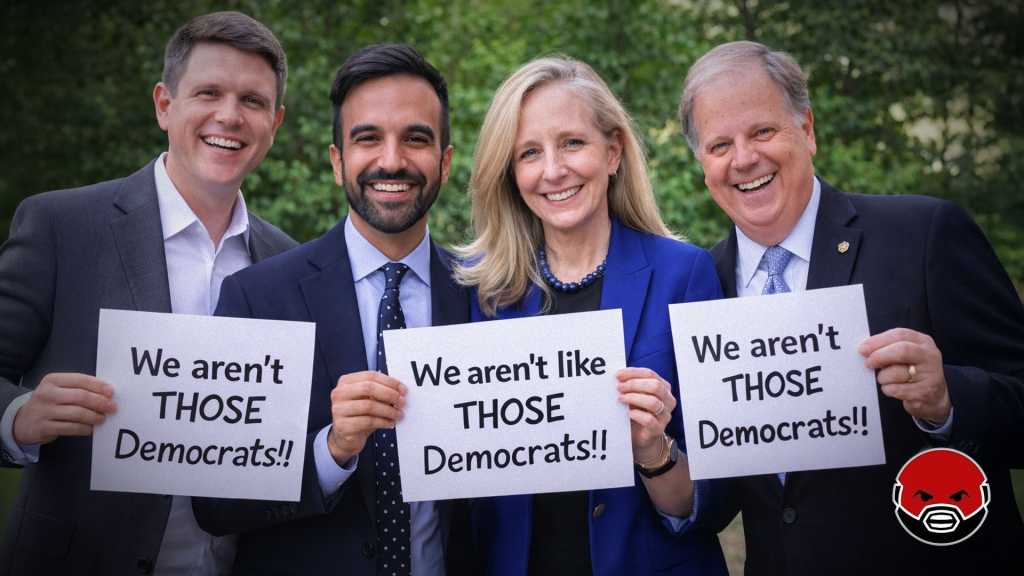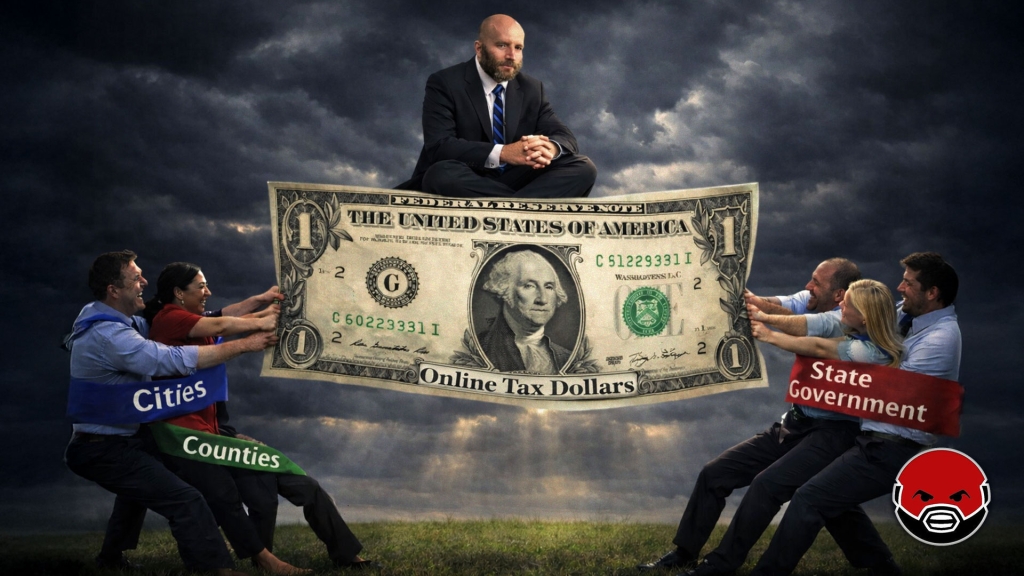In an interview with Matt Murphy of the Matt & Aunie show, Rep. Gary Palmer made clear his view of a Virginia restaurant owner’s decision to refuse service to White House Press Secretary Sarah Sanders, due to her association with President Trump.
“I think it’s a borderline civil rights violation,” Palmer said. “This is really going to lead to a bad place.”
Palmer has it right. This is going to lead to a bad place and will likely incite more hatred and vitriol.
He may even be right that it merits the legal label of a civil rights violation. I don’t, however, think that it should be a civil rights violation.
I must preface this opinion by saying that I’m not a legal scholar but that I am persuaded by arguments that promote a business owner’s right to refuse service to a customer for most reasons, particularly within the framework of business so defined:
Business transactions have long been thought of as voluntary associations, as they should be. A business has something that I, a patron, wants, and I have something that it wants in return.
Though often unspoken, when one patronizes a store or restaurant, assent occurs. A store or business operates on a de-facto voluntary basis, meaning if its doors are open, it basically assents to selling its product or service to you. This circumstance is the typically understood one.
However, business owners are not expected to serve those who are judged to be disrespectful, or who have a history of bad interactions with the employees, simply because they enter the store, nor should they be. The store’s leadership has domain over the store’s property and ought to be allowed to accept an exchange or not.
These terms are general, and I do think that circumstances matter. Refusing service to customers based upon their race or religion is clearly illegal and ought to be, as a measure of promoting fairness and equality.
Those characteristics, as ones protected by the Constitution, are far more concrete and historically bound to our societal cooperation than political beliefs.
The question is, should you have a civil right to voluntarily enter into a business agreement with another party if the other party doesn’t wish to do so?
It should, in almost all cases, be no.
That doesn’t mean it’s proper social behavior.
What the Red Hen’s owner did deserves a proper title of rudeness, but it should hardly be a considered a “borderline civil rights violation.”













